Update: All Māori Data Sovereignty posts have been combined and updated into a Compendium of Māori Data Sovereignty – https://www.taiuru.co.nz/compendium-of-maori-data-sovereignty/
In today’s modern society, Māori need to consider the impacts of colonialism upon all aspects of life, including Digital and Māori Data. The definition of Data is taken from “Data is a Taonga” .
“Data that is held by Māori, made by Māori or contains any Māori content or association. This includes Information such as archives, records etc. This paper has been written to fill a void of information about data being a taonga and why there are various views by Māori.“
Ngā Tapa Whā well being model was developed by Sir Mason Durie in 1982 to be applied to
any health issue, whether it involves physical or psychological well-being.
This article will discuss how if Ngā Tapa Whā is applied to Data, it will ensure Māori sovereign rights and Māori well being using traditional tikanga knowledge.
About Tapa Whā
The Māori philosophy toward health is underpinned by four dimensions representing the basic beliefs of life.
Te Taha Hinengaro
This refers to psychological health, with a focus on emotions. It is understood that the mind and body are inseparable, and that communication through emotions is important and more meaningful than the exchange of words.
Te Taha Wairua
This refers to spiritual awareness. It is recognised as the essential requirement for health and well-being. It is believed that without spiritual awareness an individual can be lacking in well-being and therefore more prone to ill health. Wairua explores relationships with the environment, people and heritage.
Te Taha Tinana
This refers to physical health and growth and development as it relates to the body. This focuses on physical well-being and bodily care. Tinana suffers when a person is under emotional stress, or is unwell. Pain in different parts of your body is tinana communicating what is going on consciously or unconsciously.
Te Taha Whānau
This is the most fundamental unit of Māori society. Whānau are clusters of individuals descended from a fairly recent ancestor. Whānau may include up to three or four generations, and its importance will vary from one individual to the next. The beliefs, expectations or opinions of the whānau can have a major impact on the career choices that an individual makes.
Te Wharenui
This is the symbol used to illustrate these dimensions of well-being. Just as each corner of the house must be strong and balanced to hold its structure, each dimension of well-being must be balanced for health to exist. The wharenui needs the whenua to be healthy and strong to be able to be built upon and to remain strong for inter-generational usage.
Background considerations
Statistically Māori feature highly in the statistics of negative health and mental health. Western sciences and health models do not work for Maori. This is evident in WAI 2575.
In this short narrative, I will discuss tikanga. Tikanga is a Māori custom, like common law that is founded on long accepted practices and traditional knowledge and religion; It does not preclude new circumstances and needs as they arise. It has always been there because it is what works, it is what is good for the people and the environment.
Traditional knowledge or Tikanga informs us that all living things have a Mauri, Wairua and a whakapapa. Māori Data has a mauri and whakapapa as I discussed in length in Data is a Taonga . Tikanga informs us that if the spiritual aspect of our body is healthy, then our mental and physical well being is healthy and vice versa.
If data is being collected about Māori, whether anonymised (in a western technical context) or not, it still contains the individual’s mauri. That mauri has whakapapa to their personal wairua, whānau, hapū and their iwi. Thus, Māori data is collectively owned data or meta data and a taonga.
To protect Māori individuals, whānau, hapū and Iwi as collectives, we need to consider Sir Mason Durie’s Whare Tapa Whā framework.
Ngā Tapa Whā in relation to Data
I will discuss each aspect below as they relate to data (which includes all information by and about Māori.
Te Whenua
Whenua is the genesis of all living things. Without the whenua we can not have life and can not have oceans or the sky.
Māori have a direct genealogy to the whenua as we are all descendants of of the earth mother Papatuānuku. The soil, that we are tangata whenua on, or Aotearoa is our direct descent. Hence, if the soil is healthy so are its descendants, us the tangata whenua.
It is a custom that when Māori are emotionally drained, unhealthy or need to think, or have issues, they either go back to their home lands (tūrangawaewae) if they can or go to a special physical place.
Māori data is no different. To ensure that the individuals, hapū or Iwi that the data is about, remains spiritually healthy, the data should remain with Papatuānuku. In terms of Māori data sovereignty, this requires that any Māori data must remain in Aotearoa.
Taha Wairua
In addition to the explanation for Te Taha o Hinengaro; our traditional knowledge teaches us that all natural objects have a wairua and a mauri. If our mauri is healthy then our wairua is intact and will make the natural object healthy. Moreover, if we touch something, share our thoughts or are involved with an event, then our mauri is left with that object or event.
The same is also applicable to Māori data. Māori data contains mauri of the individual, whānau, hapū and Iwi. Therefore, any system that has Māori data then has peoples Mauri. If our data and mauri is being used for things that we are not aware of, stored overseas, or in culturally unsafe environments, then this will impact our wairua which will in turn make the individual, whānau, hapū and Iwi unhealthy.
Taha Hinengaro
Our traditional knowledge teaches us that from the Wairua comes the mauri, from the mauri comes the hinengaro (mind). From the hinengaro comes health and mental well being.
If our data and its mauri is being attacked or used inappropriately as described in Taha Wairua, then the individual, whānau, hapū and Iwi the data is about will have poor psychological health.
Taha Tinana
Our traditional knowledge teaches us that we are what we consume. Whether it is a physical food or a mental thought (hinengaro). Some Māori refuse to eat pork as the domestic pig eats scraps, other Māori refuse to partake in certain conversations in order to protect their hinengaro. The same applied to data about ourselves. If it is put into culturally unsafe physical environments and away from New Zealand, then this will have negative impacts on the individual, whānau, hapū and Iwi.
Taha Whānau
This reminds us that all data about Māori is not an individual ownership right, but one of communal ownership by the whānau, hapū and Iwi. If one person is ill or their wairua or mauri is not well, then all the individual’s, whānau, hapū and Iwi can be impacted depending on the circumstances. In the same manner as if Papatuānuku is ill, then so are humans.
Informed consent and community based consent about data is often required to ensure Taha Whānau is considered.
Summary
Data has mauri and a whakapapa. Therefore, Māori Data can not be owned by an individual. Consideration of the usage of and the consent of the data is vital to ensure a spiritually well population of Māori.

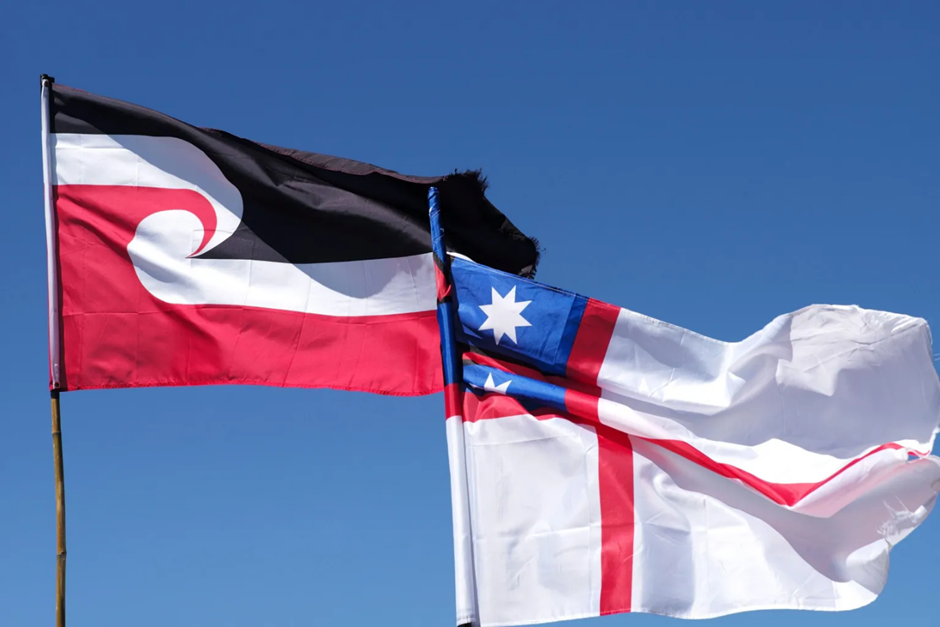
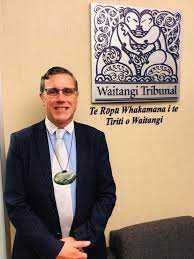

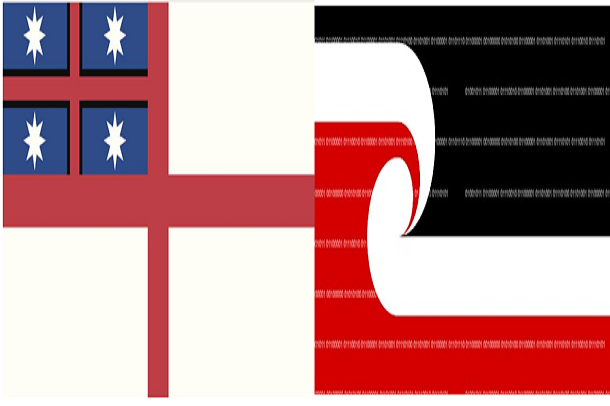
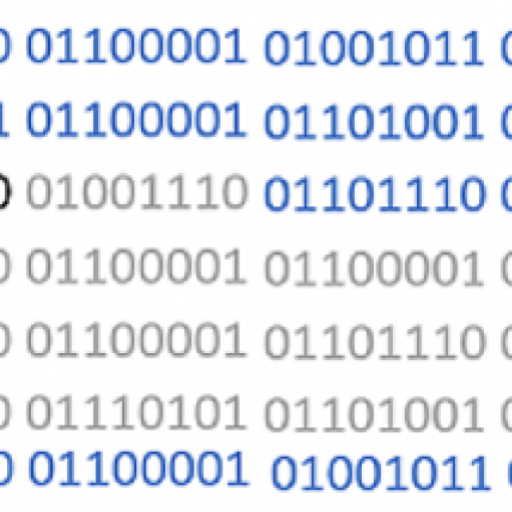
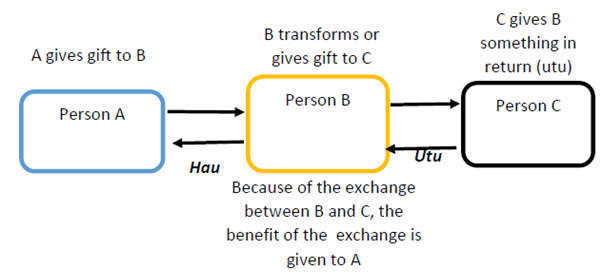
Leave a Reply
You must be logged in to post a comment.